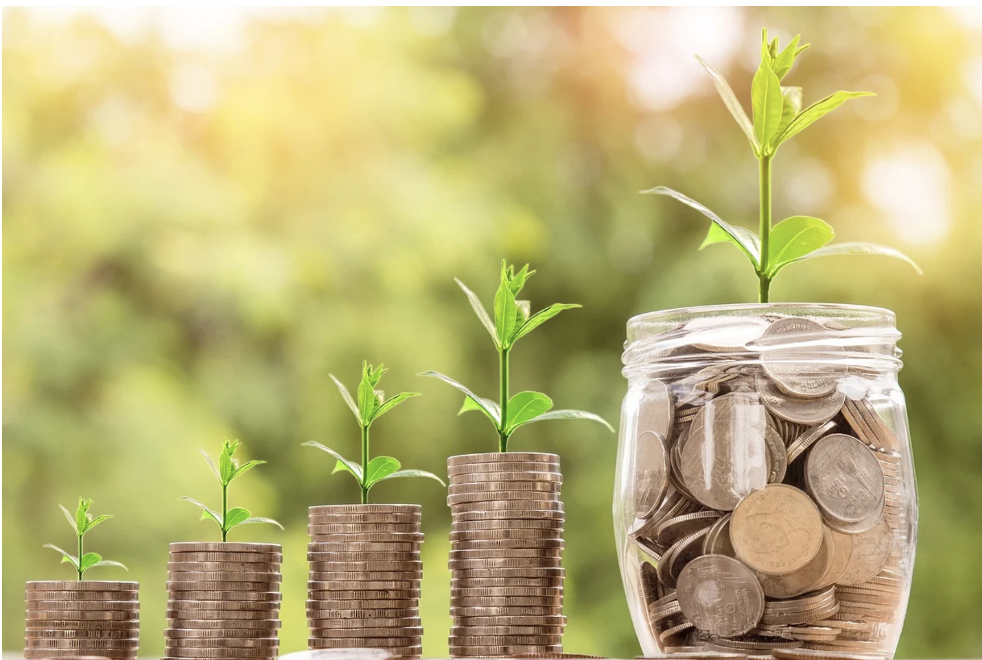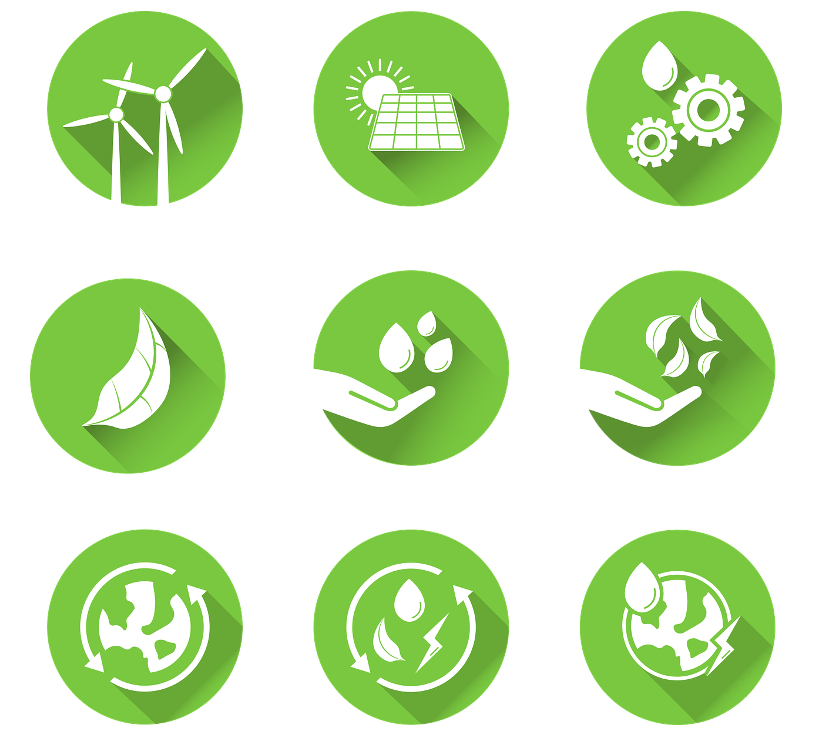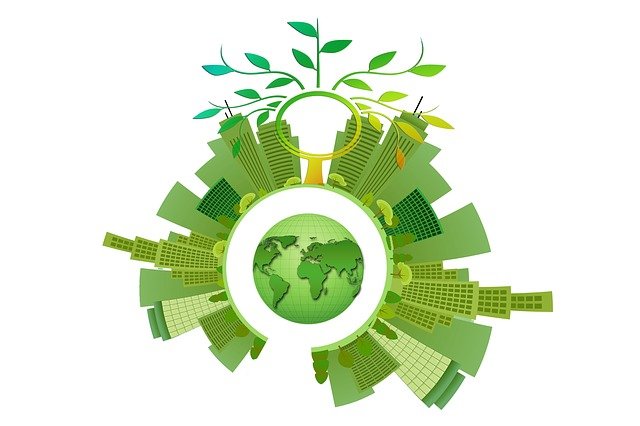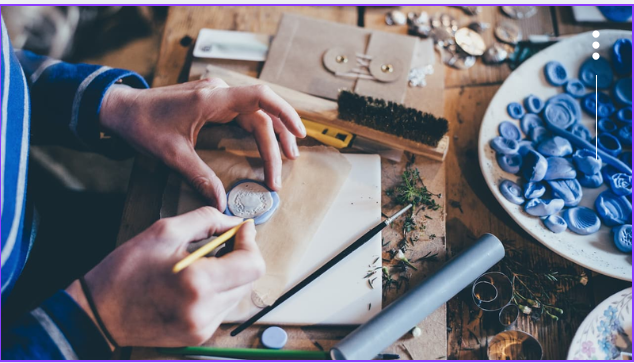Is Sustainability Really The Future For Small Businesses
Sep 07, 2021 | Mwembe Nachilongo
 Here we will talk about how the notion of sustainability can be considered to be a difficult element to consider by businesses
Here we will talk about how the notion of sustainability can be considered to be a difficult element to consider by businesses Quite often sustainability and affordability are not two words that are seen in tandem; cutting edge technologies have made it easier to be conscious of where and how we source our goods from, but this can come with costs that new and small businesses may not be able to afford to spend in the short term.
What's the big deal?

Essentially, it's because of upfront expenses that businesses are more likely to go for cheaper alternatives rather than more sustainable ones. For example, shopping en masse from faceless conglomerates that have a market model which relies on low quality products for repeated short-term purchases can be cheaper compared to durable products which can be maintained or replaced in the long term.
Another reason why it can be difficult for businesses to be more sustainable can be linked to the increasingly esoteric nature of sustainability, which is keeping small businesses from ‘making the leap’ into eco-friendly practices. Without the funding and education to make these changes properly and effectively, businesses can spend hundreds and thousands attempting to ‘keep up’ with competitors- by following new fads instead of using models that are suitable to them.
To combat the issue some may choose to adopt the practises for a set period of time such as ‘eco’ weeks, in an attempt to be part of the push towards sustainability. However, such practices would not work out as they would be short time practices with limited effect.
A further reason could be related to the lack of information that businesses have regarding sustainability. In fact, a lot of businesses may not know that although being sustainable can lead to costs in the short-term, in the long term, the benefits of it will definitely outweigh the costs.

All in all, it seems that the confusing and often contradictory research circulating can make it frustrating for small businesses to move towards sustainability, making it easier in the long term to maintain known practises rather than taking the hassle of engaging on something new.
So... what's the solution?
The drive to become eco-friendlier seems to be a goal that is ever out of reach for small businesses despite the overwhelming push towards a ‘greener’ and ‘cleaner’ future.
With the devastating effect of COVID 19 being felt all around the world the priority for small businesses currently is to recover from sales lost during this period.
However, being sustainable is not as difficult as it can seem from the outset and there are numerous ways businesses can be more sustainable.

Starting with small changes such as eco-friendly toilet paper, cycle to work schemes or the use of sustainably sourced utensils and crockery can often make more of an impact than massive changes that are difficult to manage without expert teams on hand for problem solving.
The key is to start planning and researching as much as possible and slowly
CONCLUSION

In conclusion, it can be difficult after the Covid pandemic to try and focus on things other than trying to recover from loss caused by the pandemic.
However, it is important to remember that, being more sustainable can itself be a way of growing your business as the new generation of customers is leaning towards more sustainable products when deciding where to buy.
You don't need to do everything at once, in fact it is better to start with small changes and gradually keep going with bigger steps in order to be more sustainable.
We hope this blog will encourage you to start working on sustainable practices within your business.
Whilst making your sustainability plan, why don't you check out this blog with tips on how to become carbon neutral.
Alternatively, you can contact us to know more about what we do!
Recommended



Wholesale / B2b Kathputli Puppets From Ahemdabad
Dec 16, 2024





